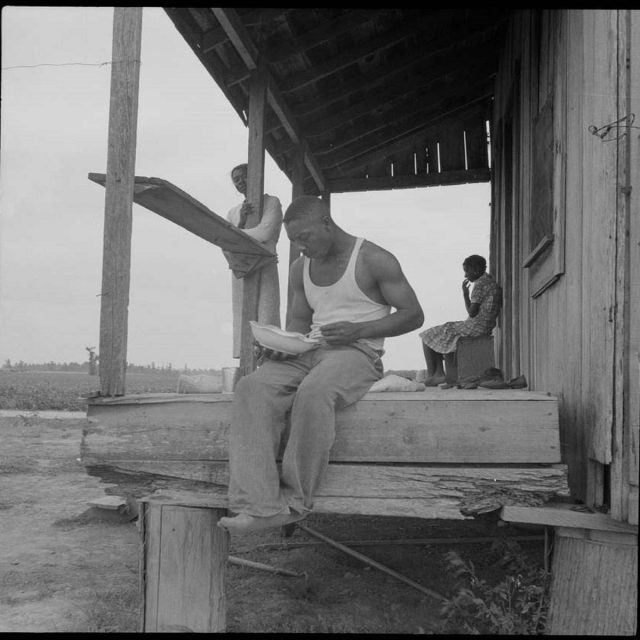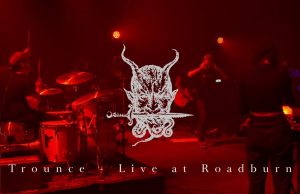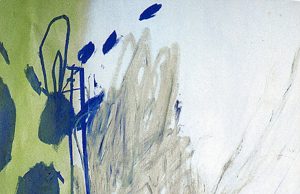THE EDITED PRESS RELEASE: “The term “ethos” as used in the album’s title refers to the morals, values and beliefs of an individual or an entire culture” says American singer-songwriter and award-winning multi-genre artist Terry Blade of his third full-length release. “The album seeks to communicate my ethos to the listener through an exploration of my personal experiences. This time around, I chose to experiment with a completely different sound: American roots music. I wanted to show that ‘black music’ includes traditional Americana music, and reject any notion that black Americans are mere unwelcomed guests in the American roots music space.
“Thematically, the album wrestles with self identity, culture, community, relationships, adversity and perseverance. The term “son of a sharecropper” as used in the album’s title is a reference to my being a descendant of black American sharecroppers in Colerain, North Carolina. Sharecropping was a system developed in the American South after the end of the Civil War. Many former enslaved black American families became sharecroppers on large white-owned cotton farms and plantations.

“Each family began the agricultural cycle in the spring by getting seed, supplies, and food on credit from the landowner. They planted the seeds, tended the cotton plants as they grew, and picked the cotton when it was ready to be harvested. The landowner decided on a price for the crop and deducted the amount they owed him for the seeds, supplies, and food they had bought on credit from.
“Even in the best of times, the family’s share might not be enough to cover these expenses. When the price for cotton was low, this became more and more the case. Landowners also cheated many black American sharecroppers. The result was more and more debt and dependency for sharecroppers in the 1880s and 1890s.”
https://youtube.com/playlist?list=OLAK5uy_kS_x5YLrmWm4mJw7MCj5QBKKsK3mGlkvw&feature=shares











































